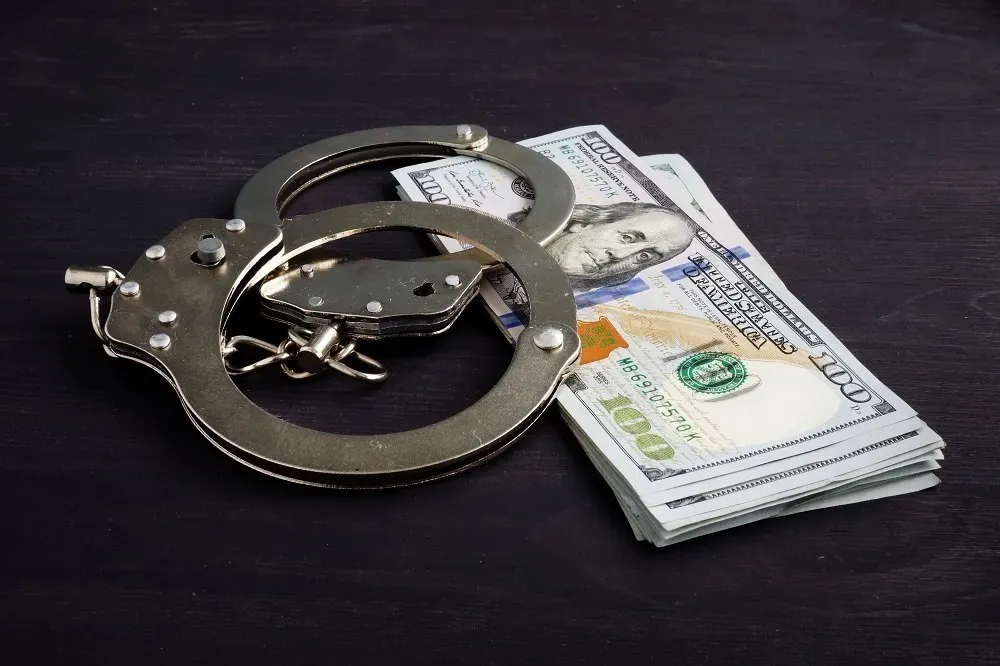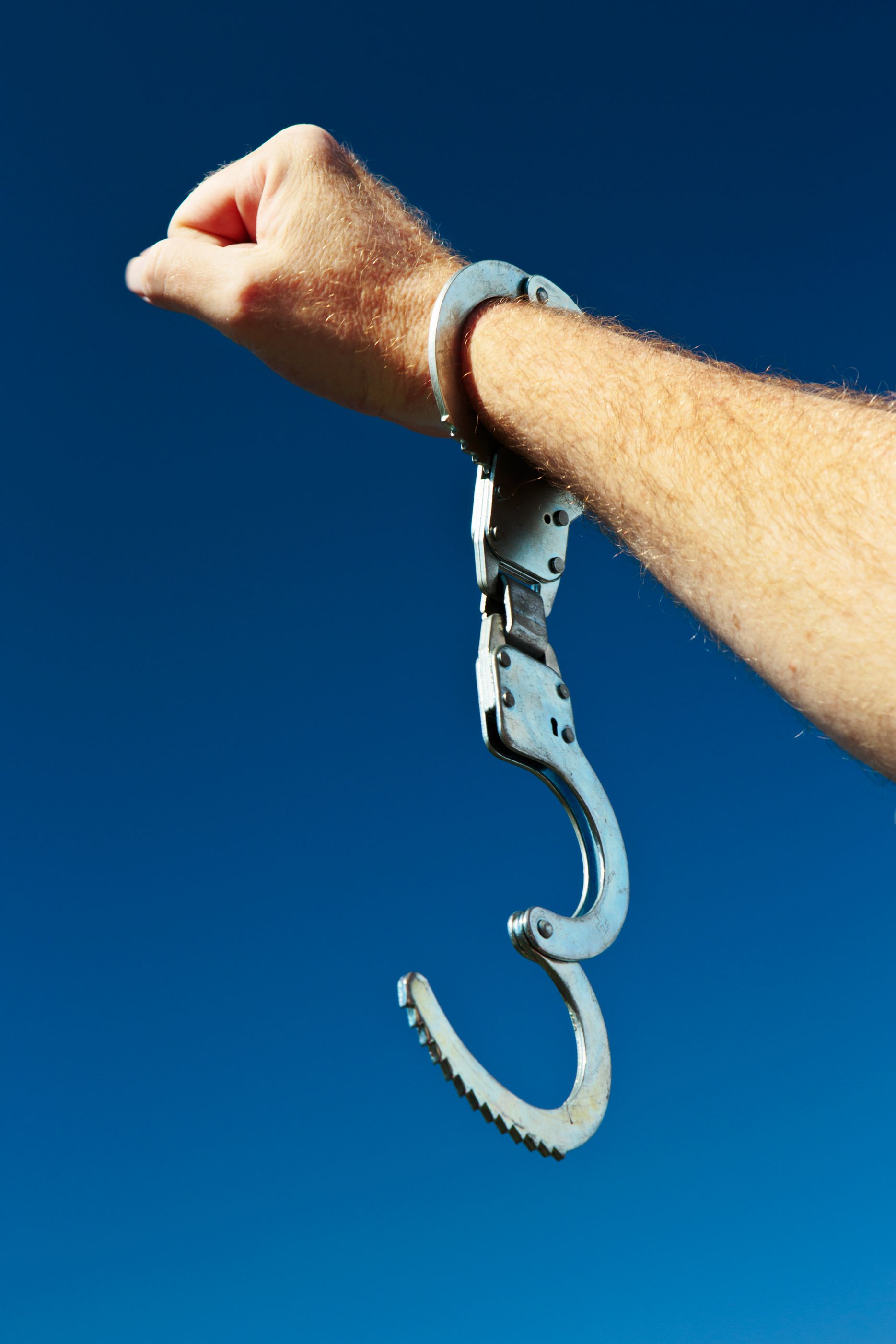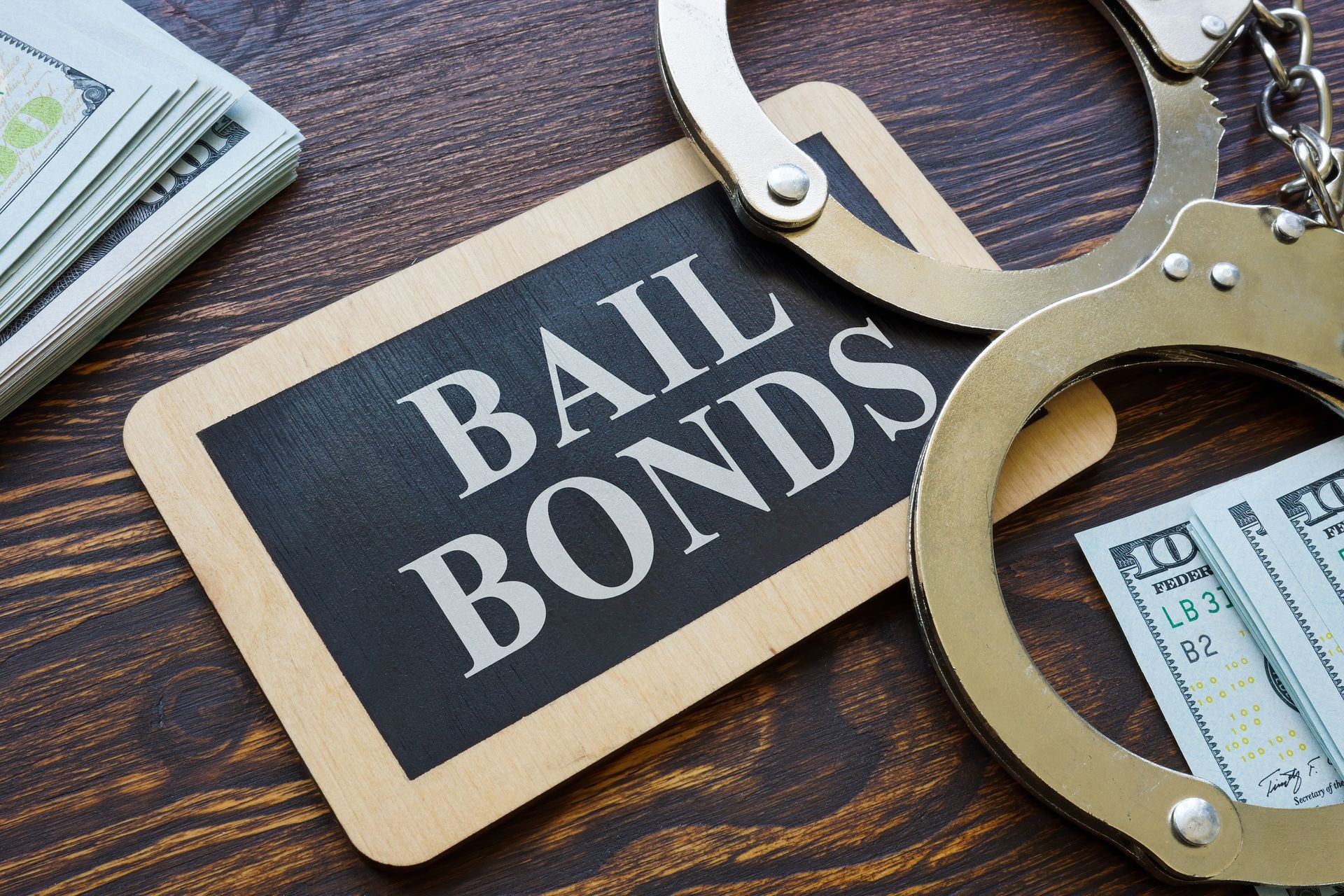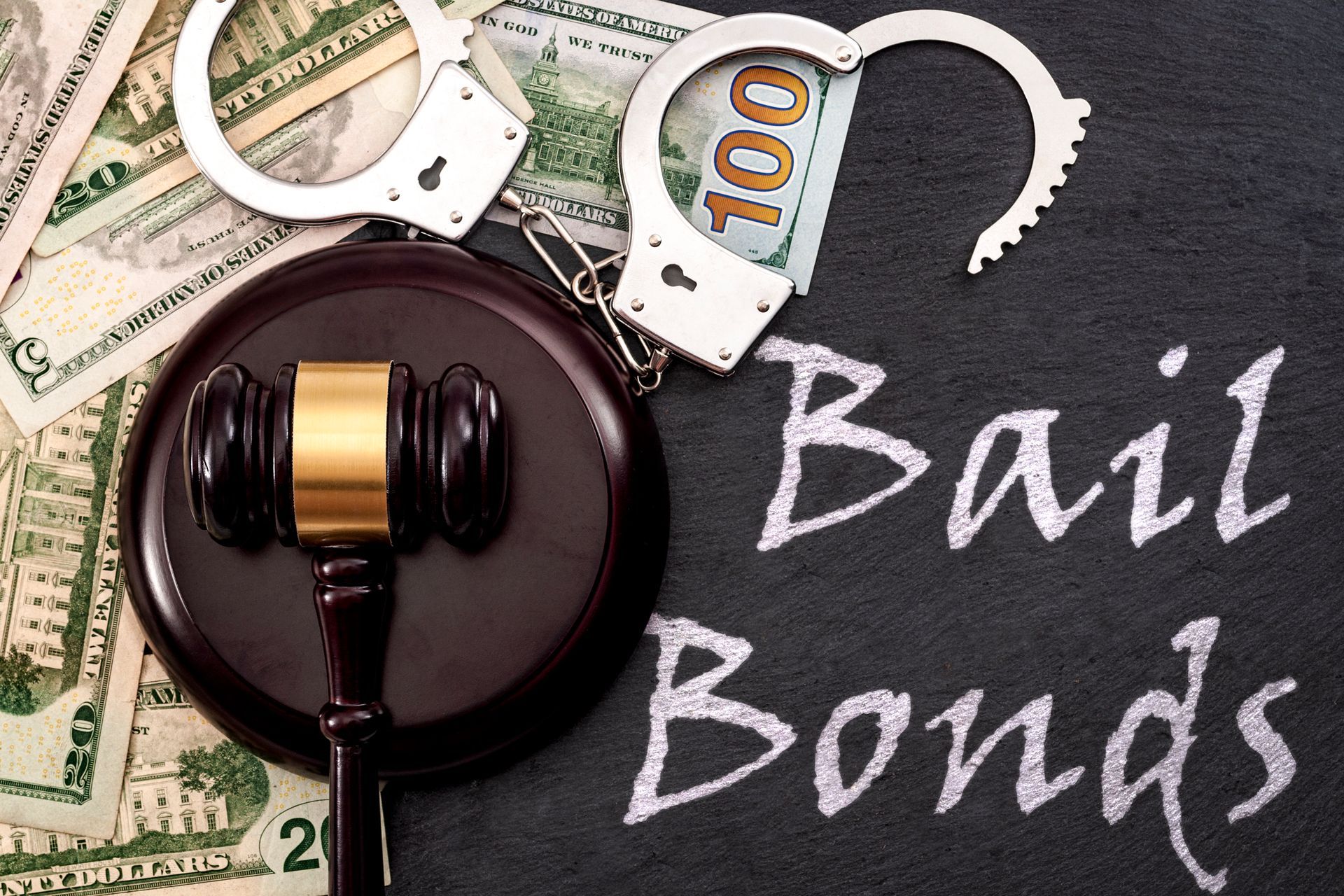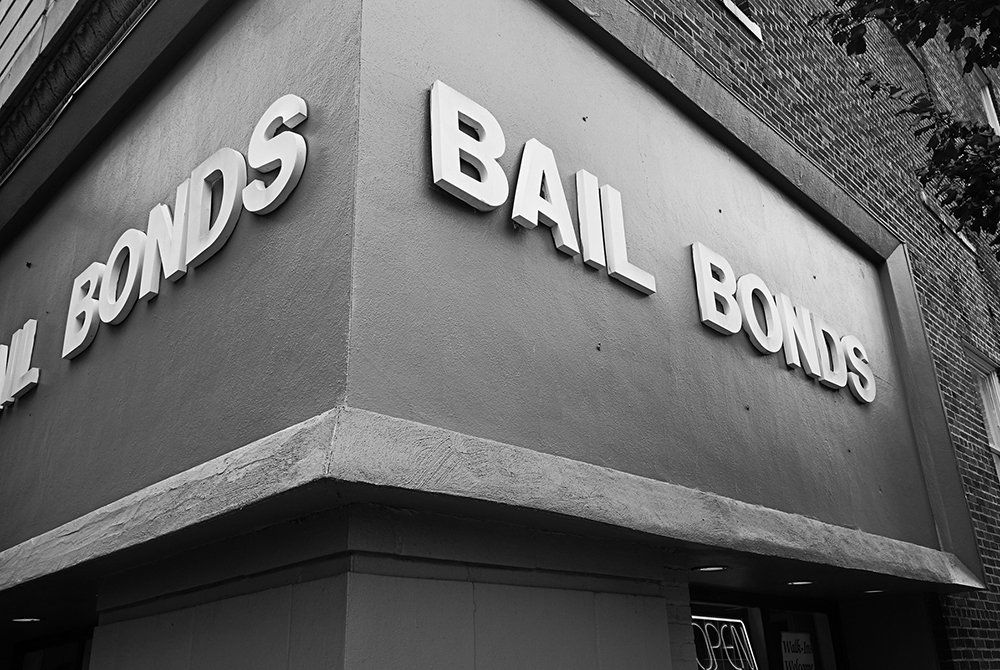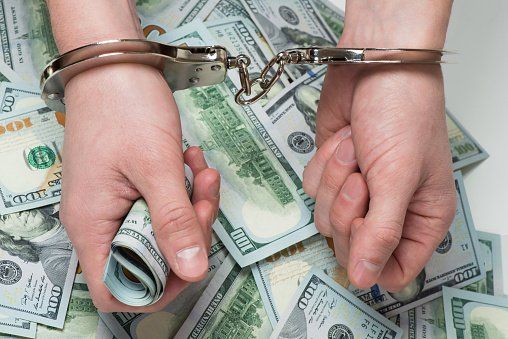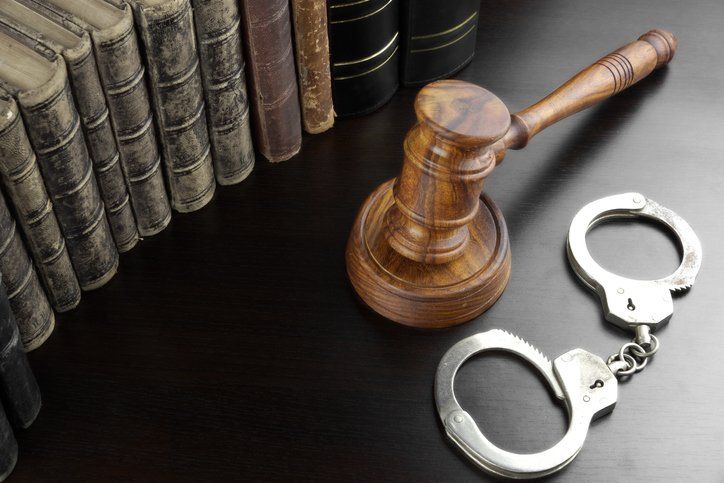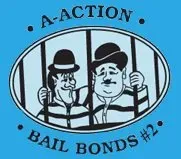What You Need to Know About Collateral and Bail Bonds
When you think about calling a bail bonds agent to get out of jail, the first thing you probably think about is the cost. The next thing you likely think about is how much money you have in your bank account or how much a family member or friend can offer to pay your bond amount.
Many people believe that cash, debit card, and credit card payments are the only types of payments a bail bonds agent will take. The truth is that collateral bonds are also available. Discover what you need to know about using an alternative form of collateral for your bail bond.
Collateral Types
The first thing you need to know when you want to use an alternative form of collateral for your bail bond is what types of collateral or accepted. The most common forms of collateral, other than cash, include property, such as homes and vehicles. In some cases, you may be able to use precious metals such as gold and silver coins.
Various savings accounts and investment accounts may also be used. The type of collateral accepted for your bond amount deals greatly with the bail bonds agent you use. Each bail bonds agent may have different collateral they accept.
Collateral Requirements
If your bail bonds agent allows you to use non-cash collateral for your bail bond amount, you must often meet specific requirements for that collateral. These requirements deal with ownership of the property and proof of that ownership.
For example, if you own real estate and can use real estate as collateral, you will need to show the deed. The deed to the real estate must show that you are the legal owner of the property. It must also show that you have no tax liens on the property and that the property is free and clear.
If your property meets the requirements to sell in the state you are in, then it likely meets the requirements to use as collateral for the bond.
Collateral and Cosigners
You may have a situation where you do not have the property but someone else does and is willing to put it up as collateral for you. This is processed similarly to when you have someone else giving the money for your bond. The key to keep in mind with this option is that if someone else puts up their property for you they will have to become a cosigner on the bail bond.
The cosigner will have to show proof of ownership just as you would if the collateral was yours. They will need to show a deed or title, depending on if it is property or a vehicle. Just as with real estate property, if a vehicle is used as collateral, you or the cosigner will have to show proof of ownership and the clear title.
Collateral Return
Many people wonder what happens to their collateral after the bail bond is assigned. Alternative forms of collateral work the same as cash collateral. This means that your responsibility is to appear in court on your appointed court date. If you do not appear in court on your appointed date, your bond is revoked. This means that anything you have used as collateral, cash or otherwise, is now the property of the court.
Since your bail bond is revoked due to your lack of appearance in court, you will now have to pay the full amount of the bond. This means that any collateral seized by the court due to the revoking of the bond will now go towards that payment.
If you or a family member need a bail bond and you need to use a non-cash form of collateral, contact us. We can help you with questions about the collateral we accept. We can also help you with the process of either using your own collateral or having the cosigner use theirs.

